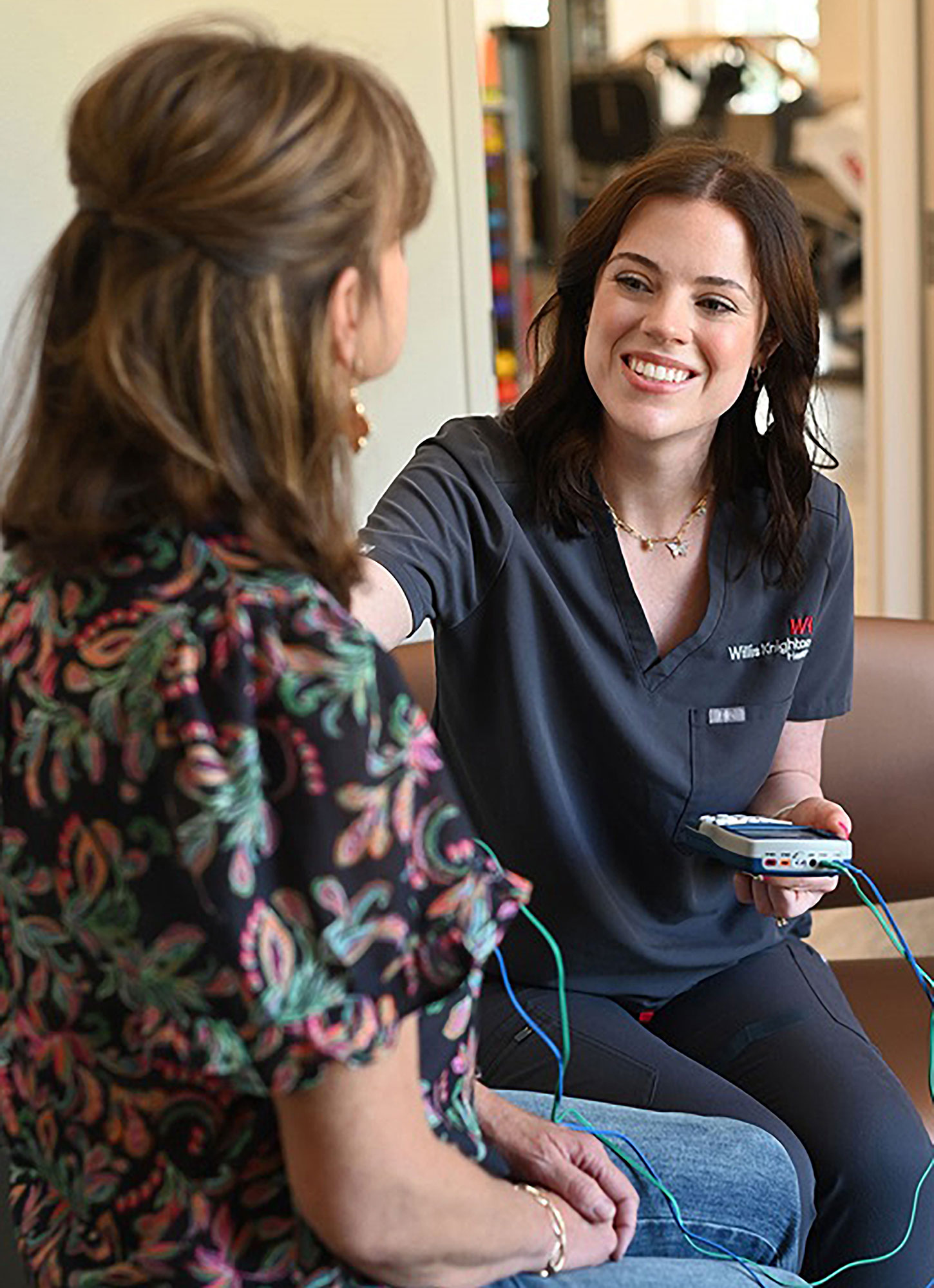Geriatrics
- Alzheimer's Disease
- Atypical Parkinsonism (Parkinsonism Plus Syndrome)
- Cancer (Overview)
- Congestive Heart Failure
- Delirium
- Dementia
- Elder Abuse
- Essential Tremor (ET)
- Fecal Incontinence
- Heart Attack (Myocardial Infarction; MI)
- How Your Brain Changes With Age
- Left Brain Stroke
- Lewy Body Dementia (LBD)
- Loneliness
- Memory Loss
- Mild Cognitive Impairment (MCI)
- Osteoarthritis (OA)
- Progressive Supranuclear Palsy (PSP)
- Right Brain Stroke
- Stress Urinary Incontinence (SUI)
- Stroke
- Swallowing Disorders (Dysphagia)
- Urge Incontinence (Overactive Bladder)









